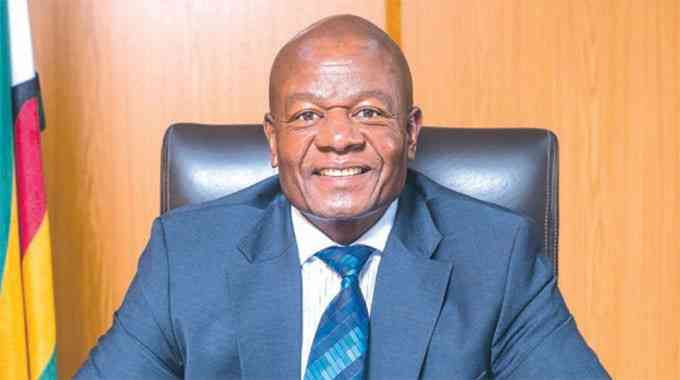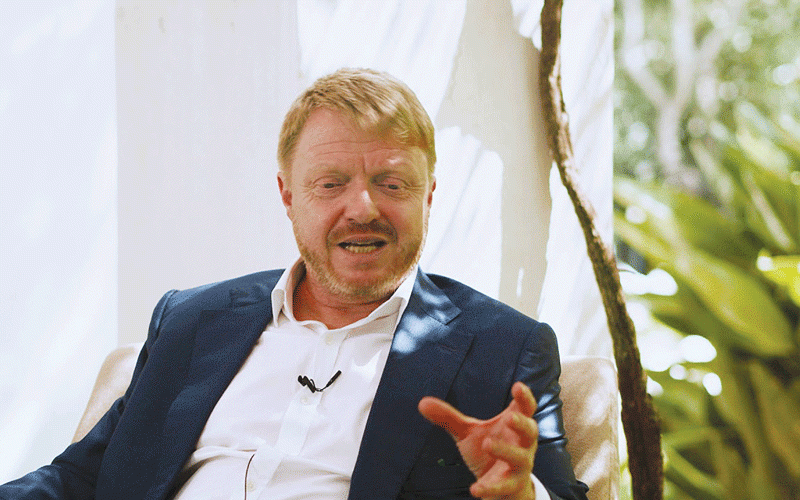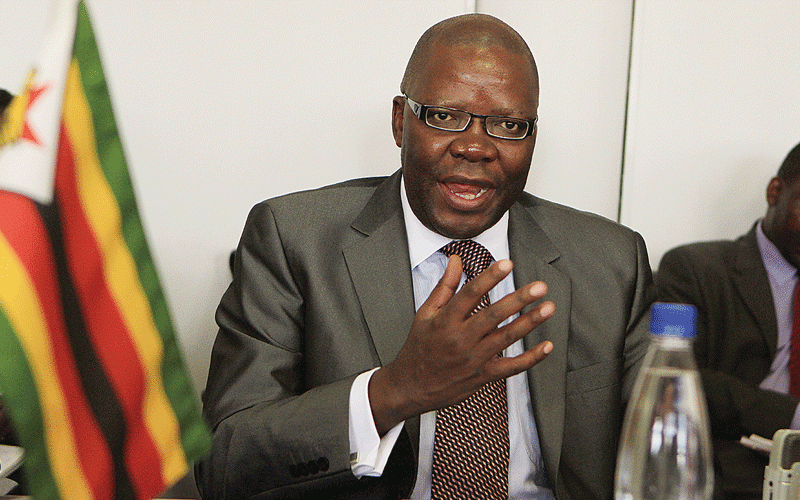
GOVERNMENT says the country must overcome numerous obstacles ranging from financial constraints, institutional barriers and capacity gaps, to realise the smart cities vision, NewsDay Business reports.
Zimbabwe hopes to establish smart cities as part of its Vision 2030 with Melfort, Chirundu and Figtree having been handpicked for the pilot phase of the project.
National Housing and Social Amenities minister Daniel Garwe told the smart cities and devolution masterclass 2024 organised by Global Renaissance Investments in Nyanga this week, that the journey towards smart cities is fraught with challenges.
Garwe said embracing digital transformation and investing in smart technologies was crucial because it could enhance efficiency, transparency and accountability in urban governance, ultimately improving the quality of life for citizens.
“However, it is important to recognise that the journey towards smart cities is not without its challenges. From financial constraints to capacity gaps and institutional barriers, we must overcome numerous obstacles to realise our vision,” he noted.
“This necessitates a collaborative approach that brings together government, academia, civil society and the private sector to drive innovation and catalyse change. By working together and collaborating with each other’s strengths, we can overcome these challenges and build a brighter future for our cities and our nation.
“Smart cities, therefore, represent a bold vision for the future of urban development, offering a path towards sustainable residence and prosperity.”
As the country strives to build smarter and more inclusive cities, he urged delegates to remain steadfast in their commitment to innovation, collaboration and sustainable development.
- Teachers, other civil servants face off
- Veld fire management strategies for 2022
- Benzema confident Real will reach UCL final
- Magistrate in court for abuse of power
Keep Reading
He said collaborative efforts could harness the transformative power of technology to create cities which are not only smarter, but also more equitable, resilient and prosperous for generations to come.
The minister stated that the government had set a target to achieve one million housing units by next year.
“Upon the launch of the National Development Strategy 1 in 2021, we were given a target of 220 000 housing units, housing units together with service stands by 2025. We then realised that as a government, we couldn’t do it alone, so we quickly created a business relationship with our private sector,” he said.
“The private sector together with the government, were able to develop and build houses, flats, services, to the tune of 220 000 by 31st July 2023. Then we said, given the pace at which we are going and the advent of alternative technologies in housing delivery, we can actually meet that, we can increase the numbers to one million by 31st December 2025. So that is the new target that we are working on now.”











